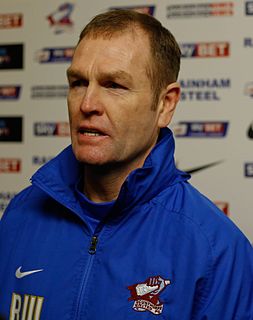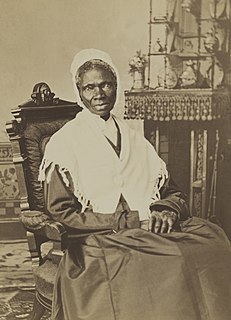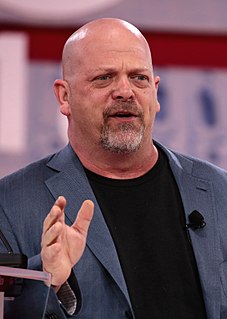A Quote by Tim Wu
Movies you pay for - well, sometimes they throw some ads at the beginning now - but generally you pay for ads. And that business model - actually, much more ancient, paying for stuff - is much more straightforward in terms of the incentives of the people who are then giving you the stuff.
Related Quotes
It's unwise to pay too much, but it's worse to pay too little. When you pay too much, you lose a little money - that's all. When you pay too little, you sometimes lose everything, because the thing you bought was incapable of doing the thing it was bought to do. The common law of business balance prohibits paying a little and getting a lot - it can't be done. If you deal with the lowest bidder, it is well to add something for the risk you run, and if you do that you will have enough to pay for something better.
I'm not much of a self-promoter or anything. It's not something I feel comfortable doing. But sometimes I would get frustrated, I'd think, "You know, this is a good book, how come no one is paying attention to it?" So it's nice to have some recognition. I don't write to put it in a drawer, I hope that people see it. But what am I willing to do for that? I struggle with that a little bit. I try to be accommodating, but I'm pretty much a loner. I'll say this, and it'll sound like bullshit, but it's not: I don't really pay attention to this stuff very much.
New online formats gutted the newspaper-ad business. Why pore over tiny print looking for a job in the want ads when you can tap a few keywords into monster.com, then click through and apply? Why pay a steep per-character rate for a classified when you can hawk a whole garage full of used stuff on EBay or Craigslist for free?
An electronic paper has infinite space because you can bring forth as much content as a reader wants. And the resolution of ads is very high. And when you touch the ad you can interact with the advertiser and the paper will take you to the advertiser's Web site and you can get more information. So ideally there should be a better connection between the ads you're shown and what you're actually interested in.
During the Second War, the U.S.O. sent special issues of the principal American magazines to the Armed Forces, with the ads omitted. The men insisted on having the ads back again. Naturally. The ads are by far the best part of any magazine or newspaper. More pains and thought, more wit and art go into the making of an ad than into any prose feature of press or magazine. Ads are news. What is wrong with them is that they are always good news.
I'm in my late 20s, and people are coming around to it again. I think they're realizing how much this stuff affects them. I think all the time about how much Judy Blume affected me, or Beverly Cleary. And I think that now some people are starting to come around and get more of an appreciation for [my stuff].
To me, the print business model is so simple, where readers pay a dollar for all the content within, and that supports the enterprise. The web model is just so much more complicated, and involves this third party of advertisers, and all these other sources of revenue that are sort of provisional, but haven't been proven yet.




































